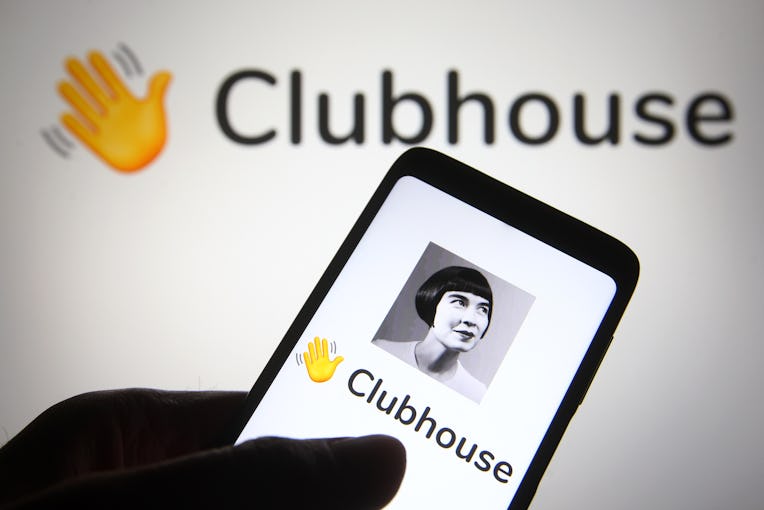Clubhouse Is More Exclusive Than Ever: No One's On It
They will take any member who would have them as a clubhouse

Clubhouse — the ex-invite-only pandemic app made up of audio-only “rooms” that V.C. investor Marc Andreessen once called “the Athenian agora come to life,” but which is more or less a glorified conference call — has been struggling to get people to show up to the club. Insider reports that since June, daily downloads of the app have dropped by 90 percent. Since February, the number of daily average users has fallen by 80 percent. As one venture capitalist told Insider: “To be honest, no one really talks about it anymore.”
During the app’s initial release, Clubhouse attracted some Quibi-sized buzz. It was valued at $100 million at it’s launch in March 2020. Investments from venture capital poured in. Andreessen himself, seeing the app’s obvious similarities to the foothold of Greecian democracy, invested several million through his firm. By the beginning of 2021, some 10 million people had Clubhouse on their phones. When Twitter considered acquiring it in April, per Bloomberg, the app was valued at some $4 billion. Instead, Twitter launched their own version — Spaces — which, if its persistent notifications are any indicator, some people still use.
But those halcyon days when men with nine-digit net worths hopped into crowded chat rooms to bully Taylor Lorenz have passed us by. Now they’re lucky to get a couple guys who think JFK Jr. is still alive. Here’s Insider:
Open the app on a given evening, and you'll get about 60 rooms to listen to — from meditation and TV recaps to vaccine fearmongering and praise for Kyle Rittenhouse. Driven by controversy, "drama rooms," as they're known, are common now and often automatically recommended by the app.
"This sounds like some kind of Nazism," a Clubhouse user said recently in a discussion on vaccine mandates. Another user lamented the suspension of a doctor in Texas who recommended the parasite medicine ivermectin as a treatment for COVID-19. This room often gets a couple hundred people sharing vaccine misinformation and QAnon conspiracies.
In one Clubhouse room, a few dozen people argued about whether women "like" to be abused. In another room, on the same night, a participant suggested that all Pakistanis hate Israel, and a shouting match ensued. And in a third room, speakers discussed the Rittenhouse trial, with some rationalizing "putting a gun in someone's face" during times of civil unrest.
As enticing as “drama rooms” sound, not everyone on the app is a nut job. The article quotes one comedian, named Marlena Rodriguez, who became an early Clubhouse influencer after “joust[ing]” in a chatroom with Ashton Kutcher. She started a Friday night party room that once drew up to 1,000 listeners. These days, it gets about 30. The low attendance is not for lack of trying on Rodriguez’s part. At one point, she even wrote a play and got actors to perform it on the phone. It was called “Once Upon A Clubhouse.” But in topical fairytale art, as in life, there is always an end.